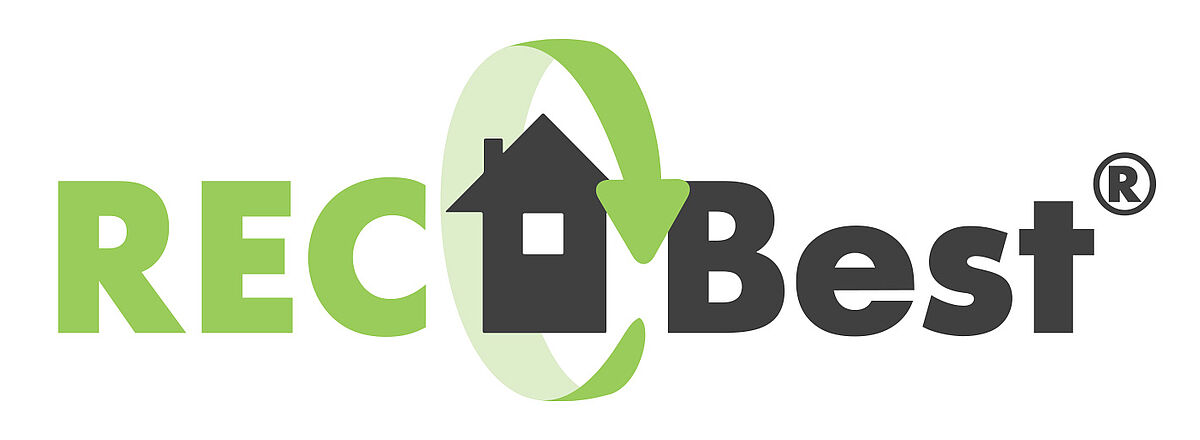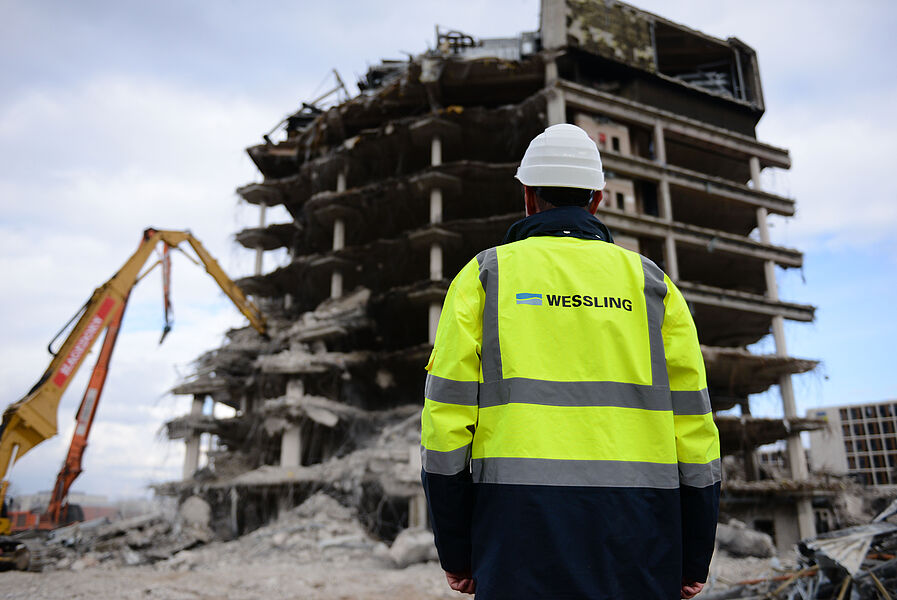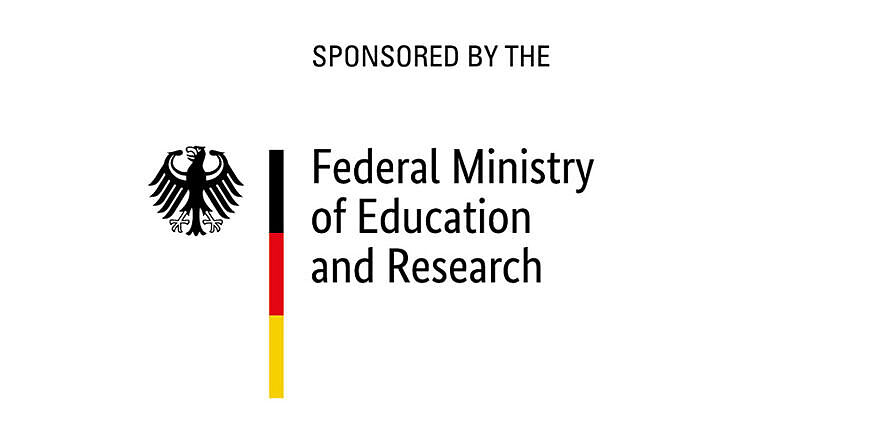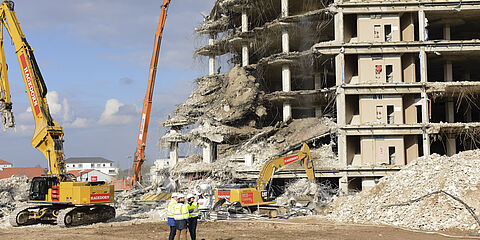Launch of research project RECBest
In the coming years, an increased volume of waste from construction and demolition materials can be expected. Construction materials in buildings have a high recycling potential. Due to a lack of processes, though, this potential is currently not optimally exploited. The new RECBest research project, funded for two years by the Federal Ministry of Education and Research (BMBF), Germany, starts precisely here. The partners from research and industry have set themselves the goal of developing safe processes for the accurate detection of pollutants in existing buildings, their remediation and demolition, and their recycling into a high-quality recycling material (RCM).
Increasing the use of recyclable material from building demolitions

Reality shows that hazardous substances, such as asbestos, have often not or have only been incompletely identified before the demolition of a building. Therefore, these substances remain in the further processing cycle of the material. In this case, proper disposal of the construction waste can also become more difficult. “In the future, communication in value chains by means of binding certificates can be an essential way of achieving optimal resource utilisation and thus securing an established economic good. This is another important step towards more sustainability and optimal use of resources”, explains project coordinator Dr Jens Reiber from WESSLING GmbH. To this end, those involved in the research project are developing a safe concept for the process flow when dealing with buildings contaminated with pollutants – from collection to remediation and demolition to recycling and residual disposal. In addition, a testing system is being designed and piloted to effectively safeguard the recycled products.

Higher security and more reliability in the assessment of existing buildings
In future, an expert opinion is to be provided on the basis of an audit at the beginning of a project. This opinion will be made available as a certificate for all stages of the process and thus usefully applicable. This way, an assessment that was previously only useful to specialist remediators now also forms the basis for the subsequent treatment and use of recycled materials. Since the building materials can be separated from interfering materials much better before demolition, the previous “downcycling” to road construction material and residual materials can be upgraded to “upcycling”.
Network partners and associated partners in the RECBest project
Network partners are: WESSLING GmbH (coordinator), Berlin University of Technology with the Department of Building Physics and Structures (FGBB) and the Department of Mechanical Process Engineering and Processing (FGMVTA), Kluge Sanierung GmbH, Buhck Umweltservices GmbH & Co. KG, supported by the associated partners REMEX Mineralstoff GmbH, Bundesverband der Deutschen Entsorgungs-, Wasser- und Rohstoffwirtschaft e.V. (BDE), Bundesvereinigung Recycling-Baustoffe e.V. (BRB), Gesamtverband Schadstoffsanierung e.V. (GVSS) and ContrinoConsulting - Ingenieurbüro Bau und Umwelt.

Your contact
- Dr. Martin Hönig
- +49 234 6897-510
- martin.hoenig@wessling.de




